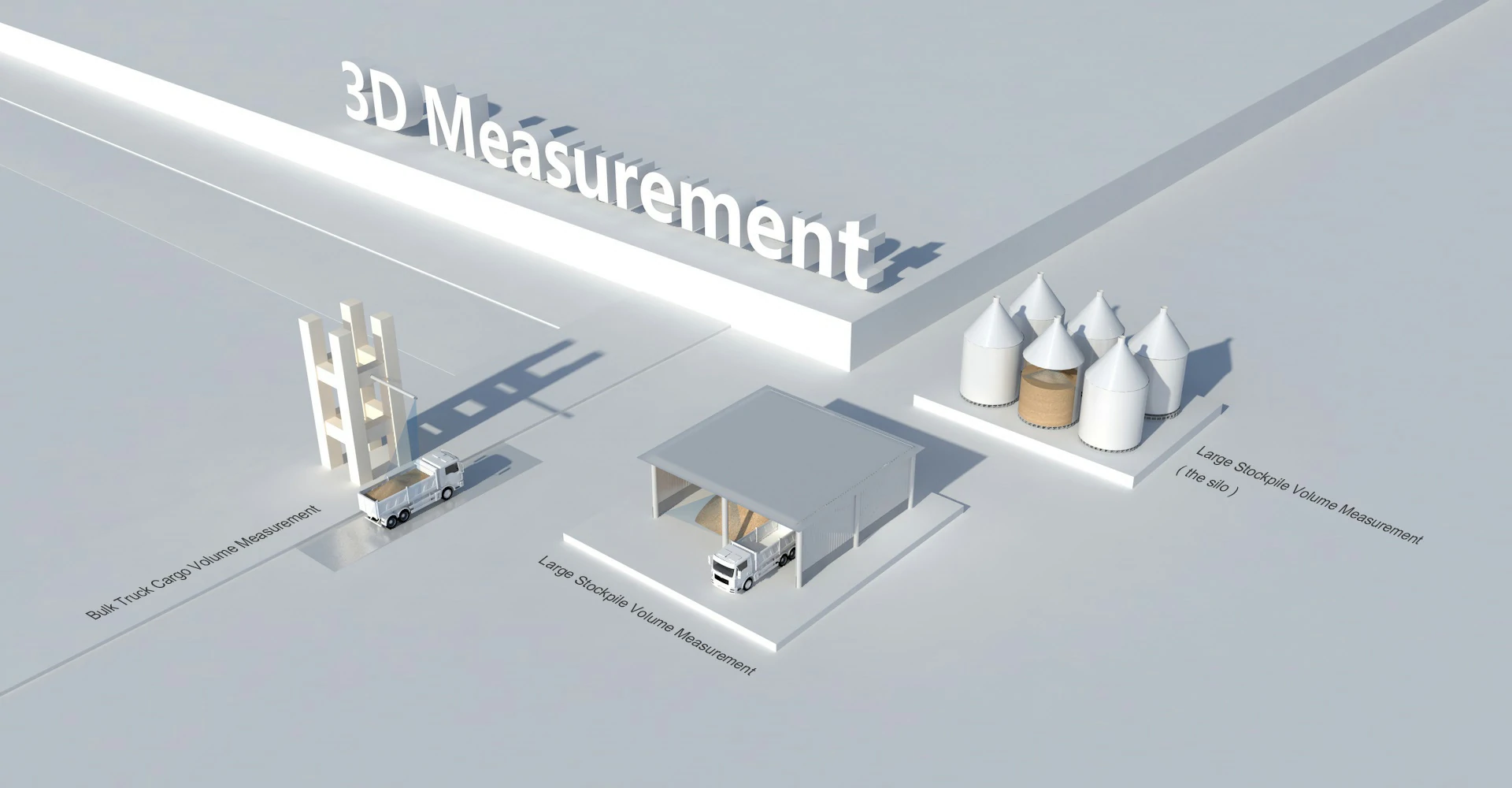
What is UAV LIDAR
UAV LIDAR, or Unmanned Aerial Vehicle Light Detection and Ranging, is a technology that uses laser pulses to measure distances to the Earth's surface. This remote sensing method allows for highly accurate 3D mapping of terrain and objects from an aerial perspective. UAVs equipped with LIDAR sensors can capture detailed topographic data, vegetation structure, and infrastructure information for various applications such as land surveying, urban planning, forestry management, and disaster response. In summary, UAV LIDAR combines the capabilities of unmanned aerial vehicles with the precision of LIDAR technology to efficiently gather spatial data for a wide range of industries.
The Main Technology in UAV LIDAR
The main technology in UAV LiDAR (Light Detection and Ranging) systems is the LiDAR sensor itself. LiDAR sensors emit laser pulses towards the ground and measure the time it takes for the light to reflect back, creating highly accurate 3D maps of the terrain below. These sensors are typically mounted on drones or UAVs to capture detailed topographical data for various applications such as land surveying, urban planning, forestry management, and infrastructure inspection. The LiDAR technology enables precise and efficient data collection from aerial platforms, revolutionizing the way we gather information about our environment.


Applications of UAV LIDAR
Unmanned Aerial Vehicle (UAV) Light Detection and Ranging (LiDAR) technology has revolutionized various industries by providing high-resolution 3D mapping data quickly and efficiently. The applications of UAV LiDAR are vast and diverse, ranging from forestry management and agriculture to infrastructure inspection and disaster response. In forestry, UAV LiDAR can be used to accurately measure tree heights, canopy density, and biomass, aiding in forest inventory and management. In agriculture, it can help monitor crop health, estimate yields, and optimize irrigation practices. For infrastructure inspection, UAV LiDAR can assess the condition of bridges, roads, and buildings with precision, enabling timely maintenance and repairs. During disaster response efforts, UAV LiDAR can rapidly map affected areas, identify hazards, and assist in search and rescue operations. Overall, the versatility and efficiency of UAV LiDAR make it an invaluable tool for a wide range of applications across different industries.
Benefits of UAV LIDAR
Unmanned Aerial Vehicle (UAV) LiDAR technology offers numerous benefits in various industries. One of the key advantages is its ability to quickly and accurately collect high-resolution data over large areas, making it ideal for applications such as land surveying, infrastructure inspection, and environmental monitoring. UAV LiDAR also enables safer and more cost-effective data collection compared to traditional methods, as it eliminates the need for ground-based surveys or manned aircraft. Additionally, the data collected by UAV LiDAR can be processed and analyzed in real-time, allowing for immediate decision-making and efficient project planning. Overall, the use of UAV LiDAR technology provides a valuable tool for enhancing productivity, accuracy, and safety in a wide range of industries.

LiDAR in Construction Monitoring
Neuvition's Titan series LiDAR sensors offer high-precision 3D scanning capabilities
ideal for construction site monitoring. The Titan M1 series, with its long-range and
high-resolution features, can capture detailed site data for accurate progress tracking
and volumetric measurements.
Neuvition LiDAR Products Overview

Titan S2
Specialized for specific industrial uses.
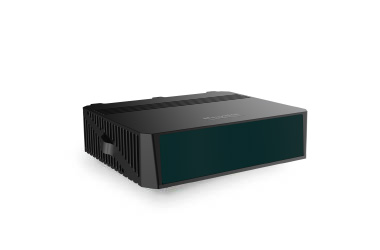
NeuX1
Next-generation LiDAR technology with enhanced capabilities.
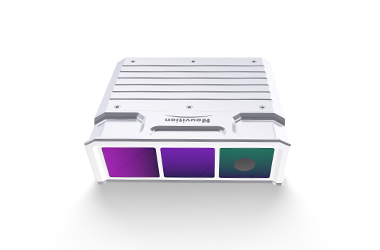
Titan M1 Series
Long-range, high-resolution LiDAR sensors for various applications.

Titan W1
Designed for wide-angle scanning in challenging environments.
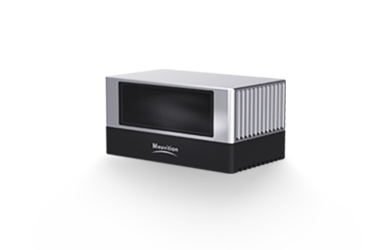
Titan P1
Compact and versatile for mobile and robotics applications.
Neuvition LiDAR Products Overview
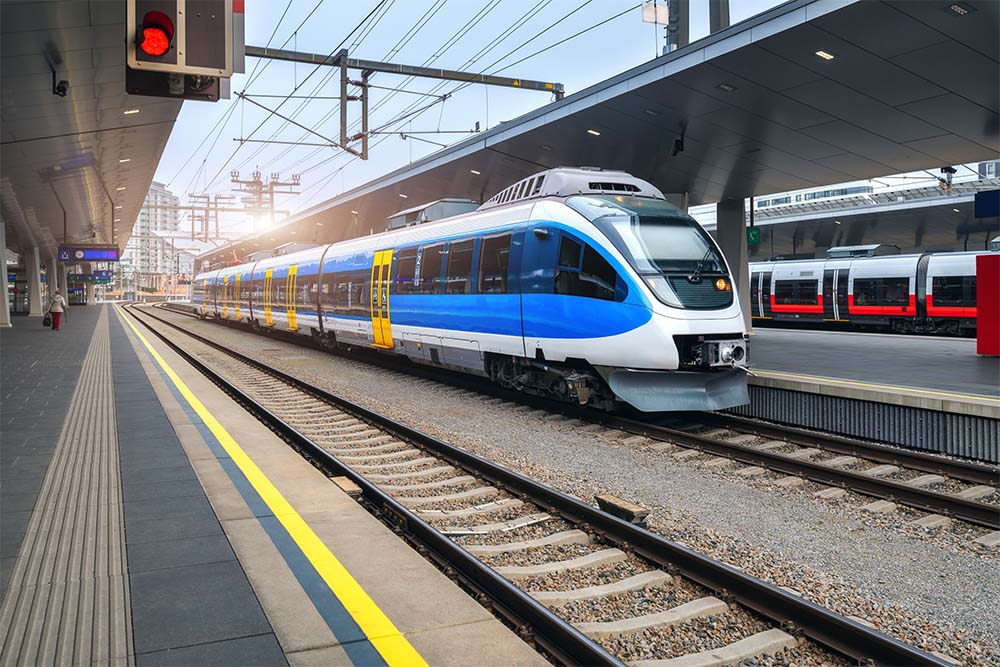
Railway Collision Avoidance
Enhancing safety in rail transportation.
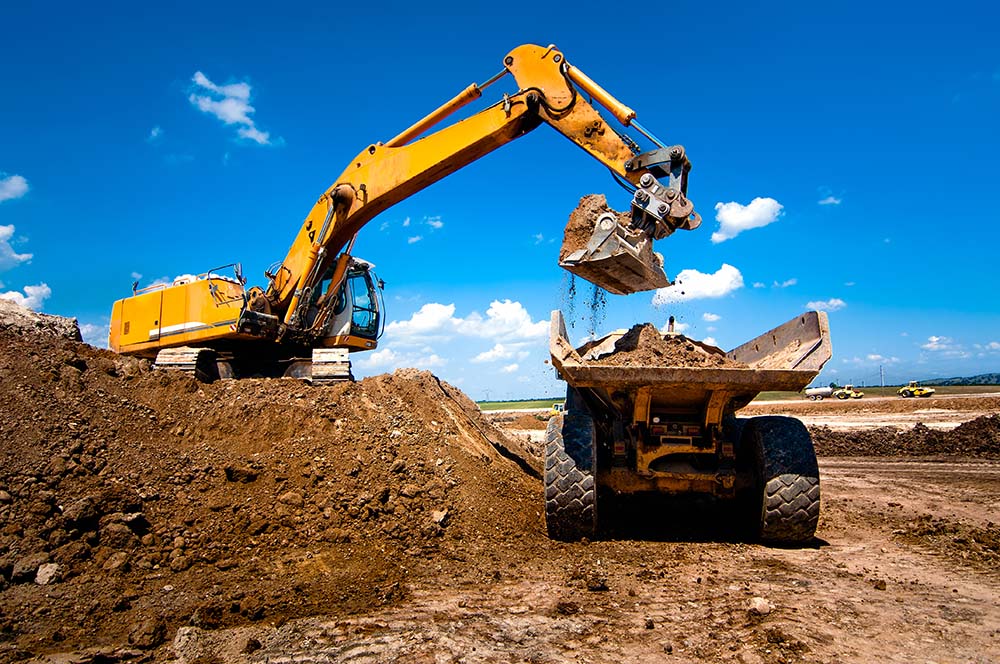
Volume Measurement
Accurate 3D volume calculations for industries like mining and construction.
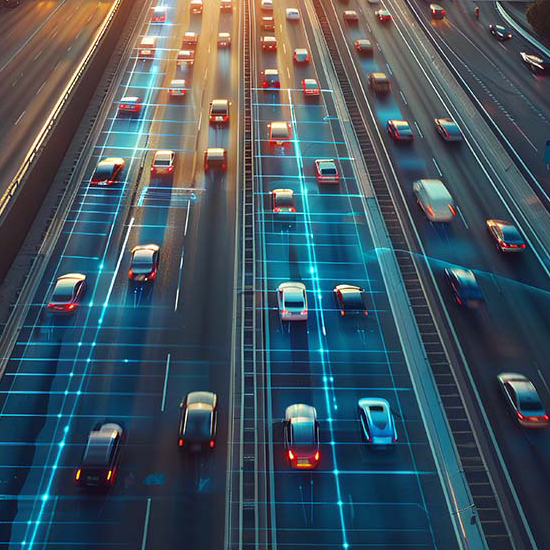
Smart Highway
Improving road safety and traffic management.
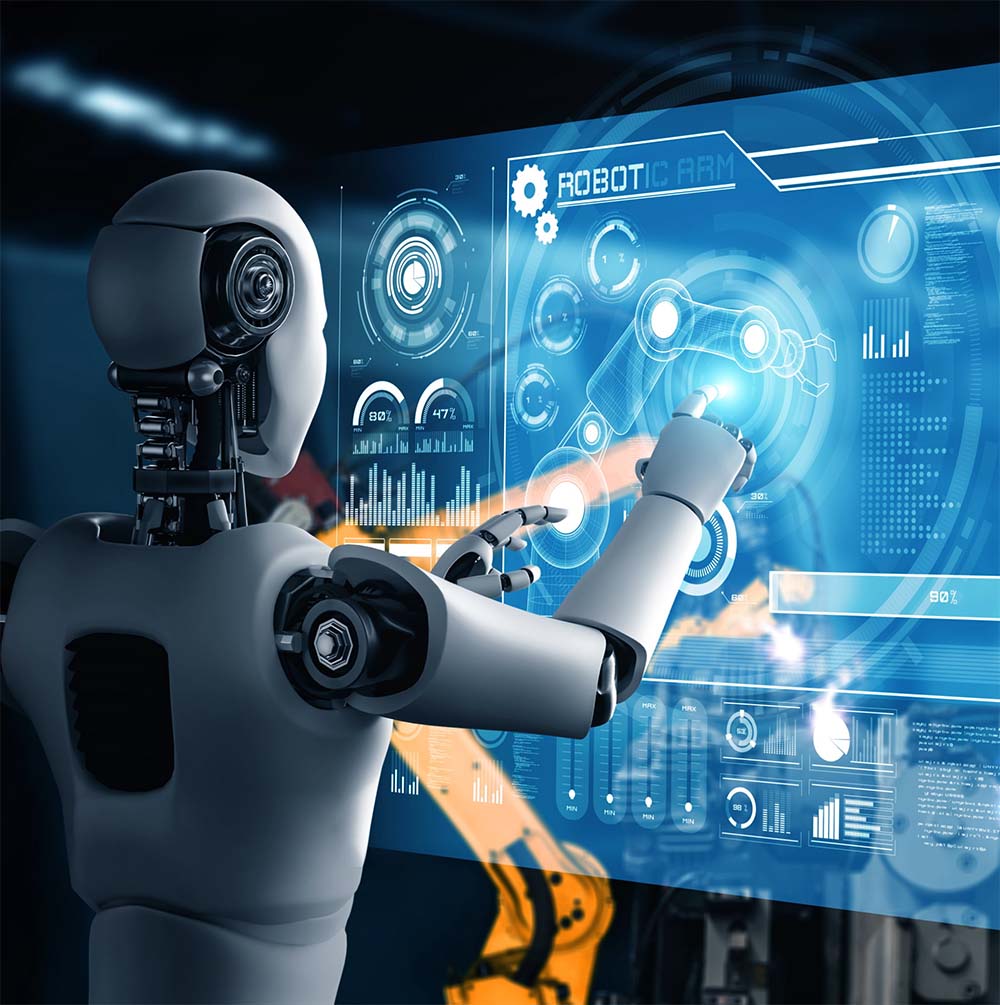
Robotics
Enabling precise navigation and object detection for autonomous robots.
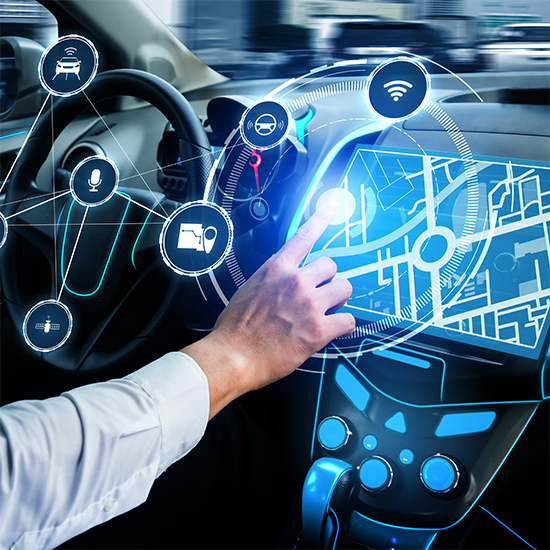
Autonomous Driving
Advanced sensing for self-driving vehicles.
Application Areas of LiDAR
Benefits of Using LiDAR

High accuracy and
precision in 3D mapping

Real-time data
collection and processing

Ability to penetrate vegetation
and capture ground topography

Efficient large-scale
surveying and mapping

Enhanced safety in
autonomous systems

Improved decision-making
with detailed spatial information
Software Solutions for LiDAR
Neuvition provides software solutions to complement its hardware, including point cloud processing and analysis
tools, real-time visualization software, a data integration platform for enterprise applications, and customized
algorithms tailored to specific industry needs.

Success Stories
MetroInnovate Urban Solutions improved traffic flow by 15% after implementing Neuvition's Smart Highway system. Emily Parker, the Director of Smart City Development, played a key role in deploying this system to enhance urban traffic management and reduce congestion.

BuildMaster Construction reduced project timelines by 20% using Neuvition's LiDAR-based site monitoring solution. Michael Thompson, the COO, led the adoption of this technology, focusing on improving efficiency and project management.

DeepCore Mining increased excavation efficiency by 25% with Neuvition's volume measurement solution. Robert Lin, the Head of Operations, was instrumental in integrating this technology to optimize resource extraction and operational productivity.

FAQ












Contact Us
If you have any questions or suggestions, please leave a message, we will get in touch with you within 24 hours!
